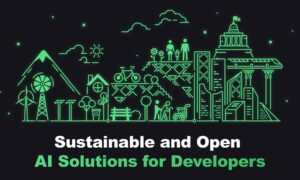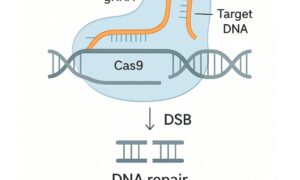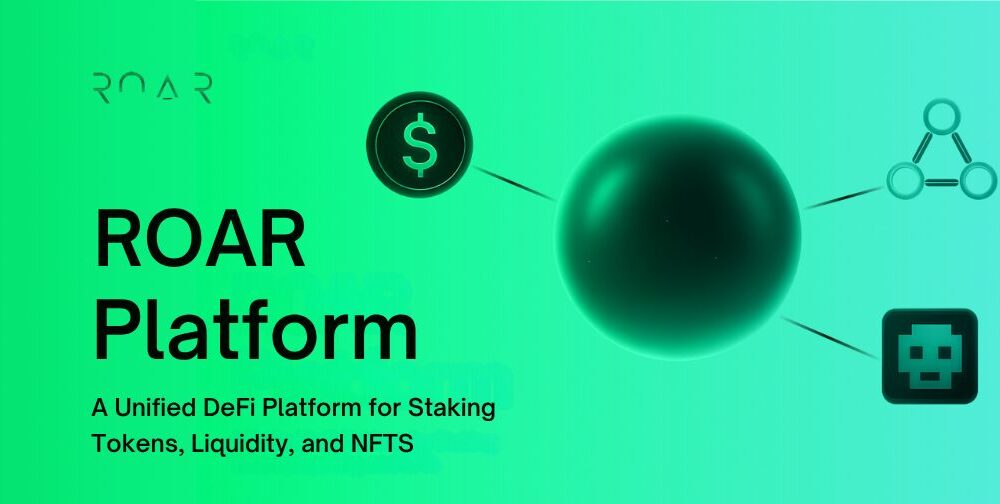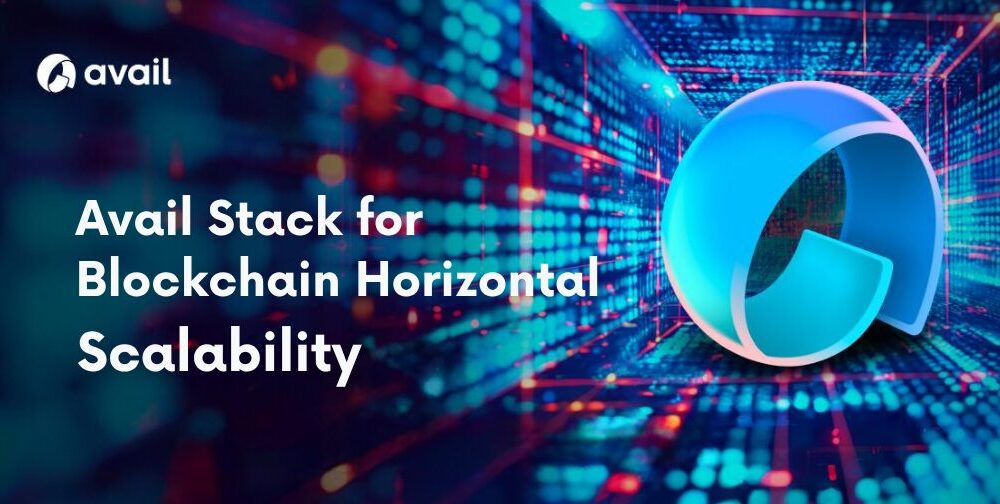In today’s fast-evolving tech landscape, free cloud databases for developers are a valuable resource for anyone looking to create, test, or scale applications without spending a dime. Whether you’re working on a small personal project or exploring a new idea, a cloud database can save time and effort by handling infrastructure management, while providing flexibility for future growth.
This article will guide you through the top free cloud databases for developers, their key features, and how to choose the right one based on your specific needs.
What is a Free Cloud Database?
A cloud database is a database service that is hosted on a cloud computing platform. Rather than installing and maintaining a traditional database server on your local machine or on-premises, cloud databases are managed by cloud providers, offering a more convenient, reliable, and often more scalable solution.
A free cloud database typically offers developers limited access to a cloud database service without any cost. These free tiers often come with restrictions in terms of storage, features, or the number of queries you can run, but they can still be a great way to experiment and prototype without financial commitment.
Key Features to Look for in Free Cloud Databases
- Scalability: As your application grows, you’ll want a database that can scale. Many free cloud database services allow for easy upgrading to paid plans if your needs outgrow the free tier.
- Ease of Use: A good cloud database should be simple to set up and integrate with your application. Look for a platform that offers intuitive documentation and user interfaces.
- Data Security: While free cloud databases may not provide the highest levels of security by default, ensure that your selected service supports encryption, secure access control, and backup features.
- Database Type Support: Free databases might offer support for different database types, such as SQL (structured data) or NoSQL (unstructured or semi-structured data). Depending on your project needs, you should select a service that matches your data structure.
- Backup and Recovery: The ability to back up your data is crucial, even for a free plan. Look for services that offer at least basic backup functionality.
- API and Integration Support: Ensure that the cloud database you choose integrates easily with your tech stack and offers APIs for smooth communication with your app.
Top Free Cloud Databases for Developers
- MongoDB Atlas
MongoDB Atlas is a popular cloud service for managing MongoDB databases. The free tier of MongoDB Atlas offers 512MB of storage, which is plenty for small applications or proof-of-concept projects. It supports automatic scaling, data backup, and high availability, making it a great choice for developers building with NoSQL databases.
Key Features:
○ 512MB of storage
○ Built-in security with SSL encryption
○ Global distribution options (with limited capacity)
○ Fully managed, no infrastructure maintenance required
- Use Case: Perfect for developers working with JSON-like documents or NoSQL database requirements.
- Heroku Postgres
Heroku provides a free tier for its PostgreSQL database service. It’s a fully managed SQL database that integrates easily with other Heroku services, allowing developers to scale seamlessly when the time comes. The free plan offers up to 1,000 rows of data and automatic backups.
Key Features:
○ 1,000 rows of data
○ Automated backups
○ Integration with other Heroku services
○ Full compatibility with PostgreSQL
- Use Case: Ideal for developers who want a fully managed PostgreSQL database with minimal hassle.
- Google Firebase
Firebase, owned by Google, offers a free cloud-based database solution in the form of Firestore and the Firebase Realtime Database. Firestore is a NoSQL database that allows you to store and sync data in real-time, while Firebase Realtime Database is ideal for applications that require live data synchronization across multiple clients.
Key Features:
○ Real-time data synchronization
○ 1GB storage for Firestore (free tier)
○ Fully managed service with no maintenance required
○ Integration with other Firebase services like Authentication and Cloud Functions
- Use Case: A strong choice for mobile or web applications that require real-time data updates and seamless integration with Google Cloud tools.
- AWS Free Tier (Amazon RDS & DynamoDB)
Amazon Web Services (AWS) offers a free tier that includes access to both Amazon RDS (Relational Database Service) and DynamoDB, Amazon’s NoSQL offering. The free tier for RDS provides 750 hours of usage per month for one year, along with 20GB of storage. DynamoDB’s free tier includes up to 25GB of storage and up to 200 million requests per month.
Key Features:
○ 750 hours/month of Amazon RDS usage (for one year)
○ 25GB storage for DynamoDB
○ Advanced scalability options
○ Support for both SQL and NoSQL databases
- Use Case: Ideal for developers looking to experiment with different database types (SQL and NoSQL) and scale up as needed.
- ElephantSQL
ElephantSQL is a PostgreSQL-as-a-Service offering with a free plan called Little Elephant. The free plan includes 20MB of storage, which is limited but useful for lightweight applications or testing. While the storage is limited, the service is fully managed, meaning you won’t have to worry about administrative tasks like backups or scaling.
Key Features:
○ 20MB storage on the free plan
○ Fully managed PostgreSQL service
○ Built-in backups
○ Automatic software updates
- Use Case: A great option for developers who are looking for a lightweight, hassle-free PostgreSQL database for small applications.
- CockroachDB
CockroachDB offers a free, distributed SQL database that is perfect for developers who need high availability, horizontal scalability, and strong consistency. The free tier includes a 5GB storage limit, making it suitable for many small applications. CockroachDB is designed to scale effortlessly, which makes it a good option for developers building high-availability apps.
Key Features:
○ 5GB of storage on the free plan
○ Horizontal scalability
○ High availability and strong consistency
○ Open-source and distributed architecture
- Use Case: Ideal for developers working on distributed or cloud-native applications that need strong consistency and scalability.
Choosing the Right Cloud Database for Your Project
When selecting a free cloud database for your development needs, consider the following factors:
- Project Type: Are you building a simple CRUD app, or do you need complex data models and scalability?
- Database Type: Do you need a SQL-based database (such as PostgreSQL) or a NoSQL solution (like MongoDB)?
- Data Volume: Will your project require large amounts of data or high throughput, or is it a small, experimental project?
- Integration: Does the database easily integrate with your tech stack or platform (like Heroku, Firebase, etc.)?
- Future Scaling: Do you anticipate needing more resources in the future, and does the free tier offer an easy upgrade path?
Conclusion
The availability of free cloud databases for developers makes it easier than ever to get started with cloud-based applications without the upfront cost. While free tiers come with limitations, they offer significant functionality for small applications, prototyping, and testing. By carefully considering your project needs and selecting the best database for your use case, you can create robust, scalable applications and scale them efficiently when you’re ready to move beyond the free tier.



































